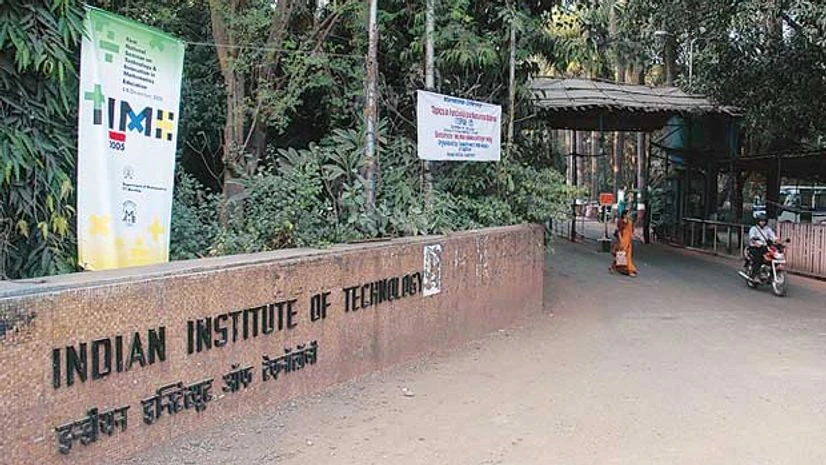Days after the National Institutes of Technology increased their fees by 300 per cent, the premier Indian Institutes of Technology (IITs) could also be considering a fee increase.
The IIT Council, which is slated to meet in Mumbai on Tuesday, is likely to discuss a proposal to increase tuition fee. At the root of the proposal is an agenda point that says the IITs could manage their recurring expenditure from their earnings.
"The agenda mentions discussions on the pattern of financing for IITs. It also mentions that the older IITs will have to manage their recurring expenditure from their earnings. To increase our earnings, the council will have to approve a fee increase," said the director of an IIT who did not wish to be named.
More From This Section
"Increasing the fee is within the purview of the IITs. We are spending around Rs 3.5 lakh per student per year, against the fee of Rs 90,000 per year that we charge. But one needs to see what kind of a fee increase the council agrees to, as not all students can afford to pay higher fees," said the director of another IIT.
IITs waive 90 per cent of their tuition fees for about 22 per cent of their students who come from scheduled caste/scheduled tribe (SC/ST) categories. The remaining 10 per cent fees (including examination fee and other miscellaneous charges) are paid by the students. Besides, another 25 per cent of IIT students who come from financially weak families (where parents' annual income is less than Rs 4.5 lakh) get a waiver of 90 per cent on their tuition fees. The remaining 53 per cent of students pay their tuition fees in full.
If IITs agree to a fee increase from next academic year, this will be a hike after three years. Earlier, the IITs had increased their fee in January 2013, by 80 per cent - from Rs 50,000 to Rs 90,000 a year. Before that, the premier institution had in 2008 doubled its fee for undergraduate courses from Rs 25,000 to Rs 50,000 a year.
In contrast, the per-student fee at private engineering institutes like SRM University, VIT University Vellore and Manipal Institute of Technology is far higher.
At SRM University, the fee for the four-year Bachelor of Technology (BTech) programme is between Rs 7.4 lakh and Rs 13.4 lakh, depending on the course taken. VIT Vellore charges Rs 6.52 lakh for its BTech courses, while Manipal Institute of Technology charges between Rs 10.50 lakh and Rs 11.61 lakh, depending on the course.
According to the IITs, with salaries and staff cost being fixed, they have to budget for other expenditures as well. The small amount left is then used for developmental activities on the campus.
IITs' annual expenditure ranges between Rs 150 crore and Rs 350 crore.
IITs' annual expenditure ranges between Rs 150 crore and Rs 350 crore. Around 80 per cent of the operational expenses are funded by the government. While 10-15 per cent is taken care of by earnings from tuition fees for various programmes, the rest is managed with returns on endowments and investments. Donations from alumni stand at about 3-5 per cent of the operating revenues for older IITs, compared with 10-50 per cent for top American universities.
However, not all directors agree to the fee increase, as many IIT students come from economically weak families. If the government puts a financial model in place to support needy students, the fee increase could happen, said an IIT director.
A 2011 report by the Anil Kakodkar committee, appointed by MHRD, then under Kapil Sibal, to recommend autonomy measures to facilitate IITs' scaling greater heights, had proposed: "Fee charged by the IITs should cover the full operational cost of education, which works out to roughly 30 per cent of the total current cost of education."
SEEKING A BETTER FINANCIAL MODEL
-
22% of IIT students come from the SC/ST categories and get a waiver of 90% on their tuition fee
-
25% of IIT students come from financially weak families and get a waiver of 90% on their tuition fee
-
The remaining 53% students pay their full tuition fee
-
IITs had last raised their fees in January 2013 by 80%, up from Rs 50,000 to Rs 90,000 a year
- Before that, the IITs had doubled their annual fees in 2008 - from Rs 25,000 to Rs 50,000

)
